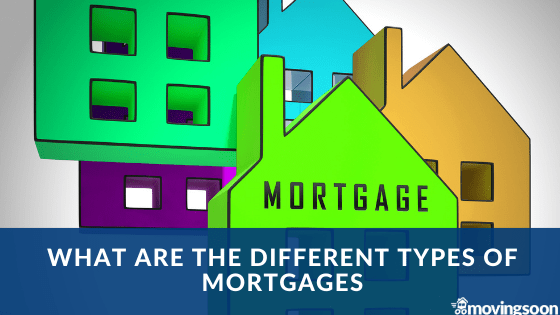So, what are the different types of mortgages available? We take a look to see what is on offer.
Shared Ownership mortgages
If you’re a first-time buyer earning less than £60,000 a year, you might be eligible for a shared ownership mortgage. This means you can take out a mortgage on a percentage of a property, and a landlord/provider owns the rest. You’ll then pay rent on the value* of the property that’s not yours. You might be able to buy a larger share of the house when you can afford it. Staircasing is the term that is used to describe this.
As you will see there are different types of mortgages available including shared ownership. The first and main difference between shared ownership mortgages and standard mortgages is that the mortgage amount is based only against the share of the property you are buying. Subsequently, this means that your deposit could be much less.
For example, if the property value was £150,000 and you are buying a 50% share at £75,000, the minimum deposit would be 5% of that £75,000, so £3,750. Whereas if you were buying a property outright on a standard purchase at £150,000 your 5% deposit of the whole £150,00 would be £7,500
Joint mortgages
This is suitable if you are buying a property with someone else. This could be either a partner, friend or family member. With both sets of deposits and income you may be able to take out a larger mortgage loan and own a home together.
A joint mortgage could mean you and the other person own equal parts of the property – joint tenants – or you might own a share of the home – tenants in common – which may be different amounts.
You should take legal advice before taking out a joint mortgage so all areas are covered.
Guarantor mortgages
A guarantor mortgage is a mortgage that is taken out on the premise that if you miss payments, someone else will pay them for you. This is usually a parent or close family member. This could help you take out a larger mortgage for your first home.
As you can see there are different types of mortgages available. You should get legal advice before asking someone to be a guarantor (or becoming a guarantor) as although their name will not be on the mortgage, there may be some complications.
Please note: MovingSoon is not authorised to give financial advice; the information and opinions provided in these articles are not intended to be financial advice and should not be relied upon when making financial decisions. Please seek advice from a specialist mortgage provider.


